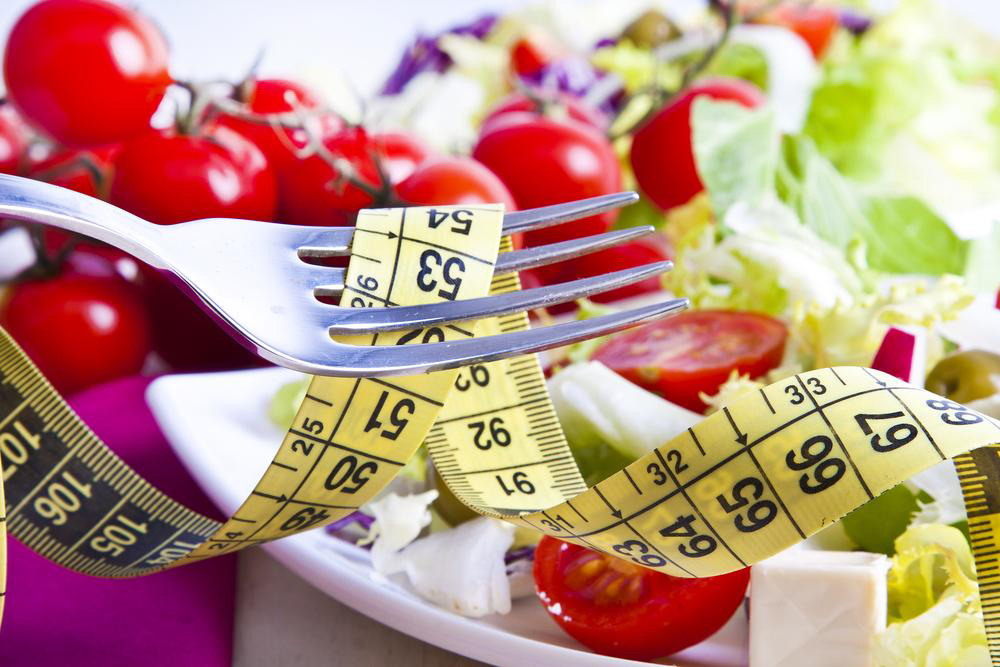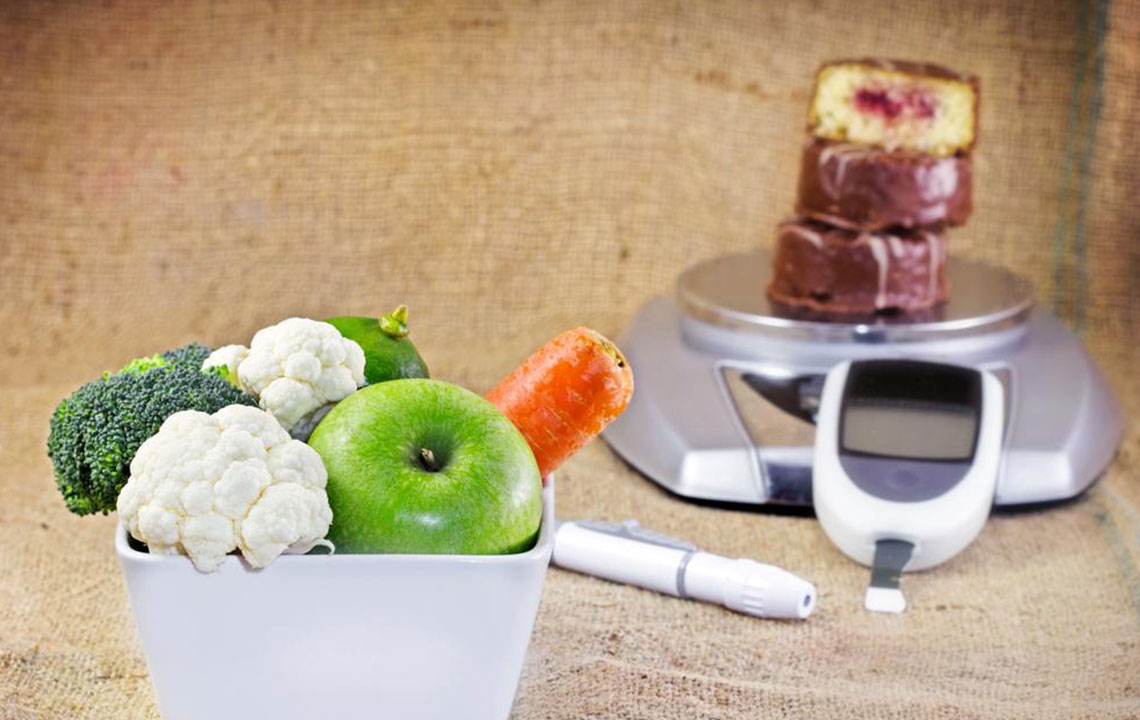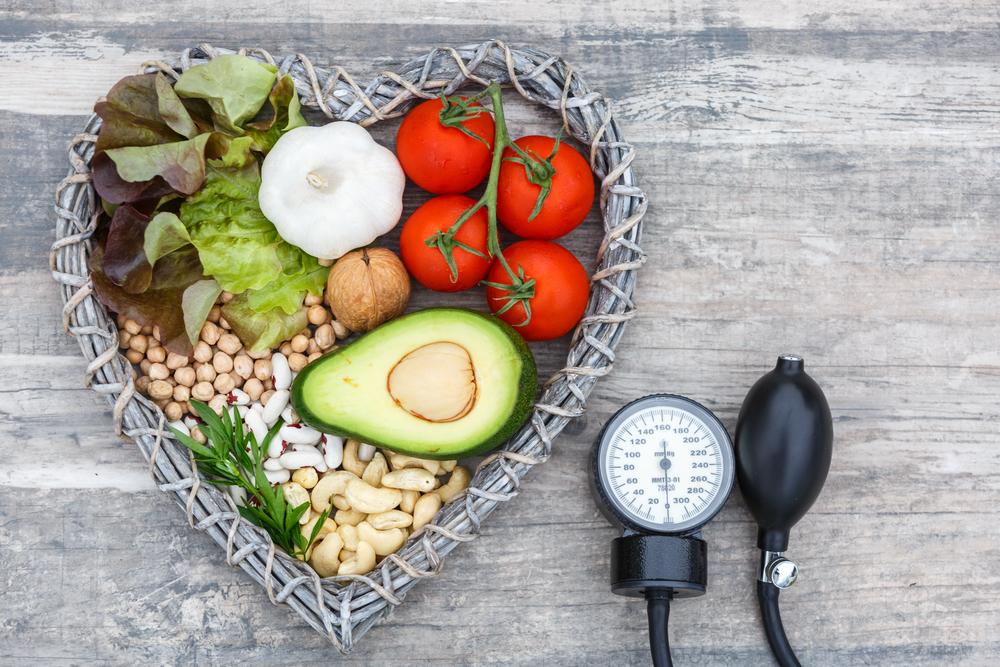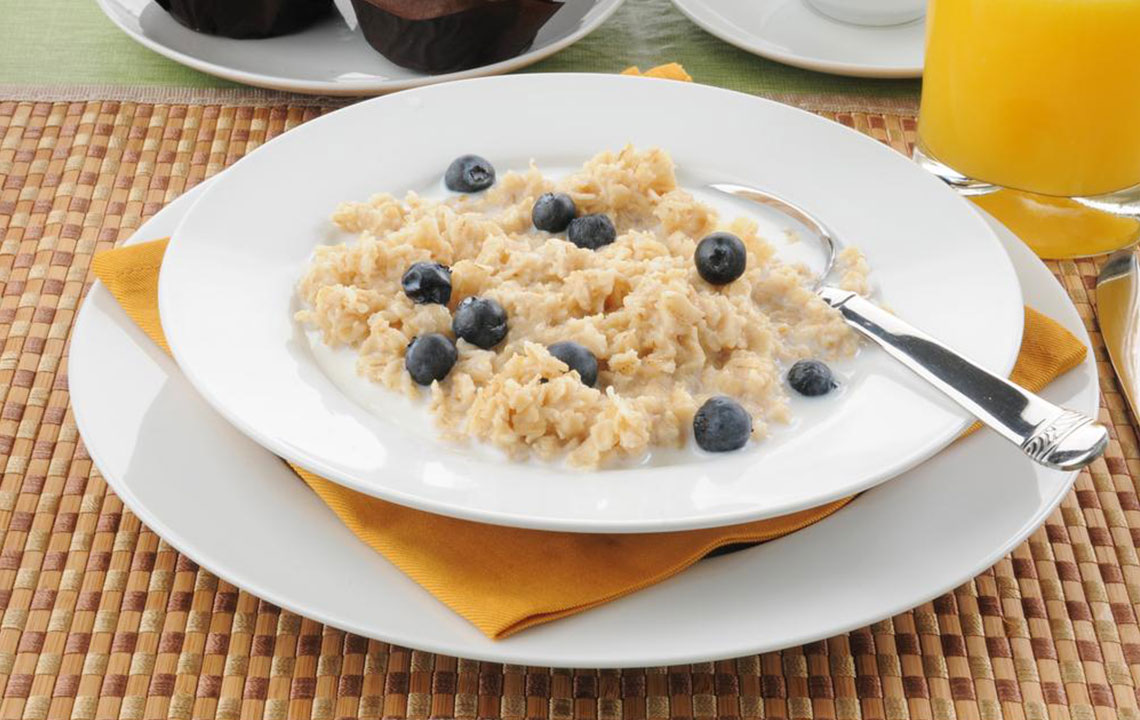Six Dietary Tips to Lower Cholesterol Levels Effectively
Learn effective dietary strategies to manage high cholesterol, including increasing fruits and vegetables, replacing saturated fats with healthy options, and adding omega-3-rich fish. Following these practical tips can help lower LDL levels, boost heart health, and promote overall well-being. Incorporate fiber-rich foods, plant sterols, and maintain a balanced diet while avoiding trans fats and excess sugars. Consistent healthy eating habits, coupled with physical activity, are essential for long-term cholesterol control and disease prevention.
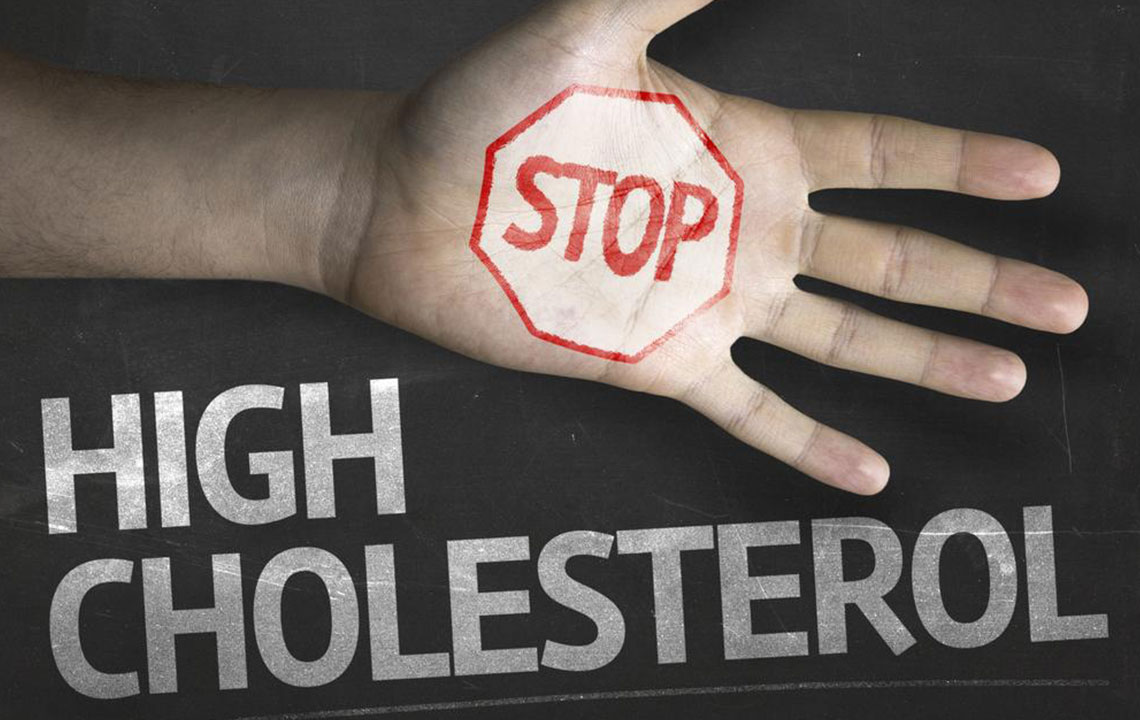
Six Dietary Tips to Lower Cholesterol Levels Effectively
Choosing the right dietary approach is key to managing high cholesterol. Successful plans require discipline and consistency to form healthy habits. Previously, it was believed that avoiding foods like eggs and seafood was necessary, but current research emphasizes replacing saturated fats with healthier options. Altering eating patterns is essential to prevent high cholesterol and reduce health risks. Focus on incorporating more plant-based foods, healthy fats, and fiber while reducing processed foods and trans fats to achieve better cholesterol management.
Increase Fruit and Vegetable Intake
Add a variety of fruits and vegetables to your meals. They support overall health and can serve as delicious side dishes or meat alternatives. Use them in stews, salads, or smoothies for breakfast. While they may not directly lower cholesterol, their nutritional benefits are vital for heart health.
Swap Saturated Fats for Healthy Unsaturated Fats
Saturated fats in foods like red meat, cheese, and full-fat dairy can raise LDL cholesterol levels. To improve your heart health, include foods rich in unsaturated fats such as oily fish, vegetable oils, nuts, seeds, and avocados. Always check nutrition labels when shopping, and avoid processed foods high in saturated fats.
Incorporate High-Fiber Foods
Opt for whole grains like oats, barley, and brown rice instead of refined grains. Fiber-rich foods like beans, lentils, and pulses help lower bad cholesterol. A daily intake of beta-glucan from oats significantly reduces LDL cholesterol levels. Including these foods in your diet boosts overall health and supports cholesterol management.
Eat Oily Fish Weekly
Adding oily fish such as salmon, mackerel, sardines, and herring to your meals at least once a week provides essential unsaturated fats. These fish are flavorful, nutritious, and beneficial for reducing cholesterol levels.
Consume Plant Sterols Regularly
Plant sterols have been shown to lower cholesterol by 7-10% in three weeks when consumed at 1.5 to 2.4 grams daily. Sources include seeds, nuts, vegetable oils, fruits, and vegetables. Combining these foods helps maintain healthy cholesterol levels effectively.
Adopt Heart-Healthy Eating Habits
Limit saturated fats to less than 10% of daily calories, keep added sugars below 10%, and sodium intake under 2300 mg. Minimize trans fats and alcohol consumption, avoid smoking, and engage in at least 30 minutes of physical activity each day. Reward yourself with healthy treats to stay motivated and make your diet interesting.
Following a structured, balanced diet tailored to high cholesterol encourages long-term health benefits. Incorporating vegetables, fruits, healthy fats, and fiber-rich foods can significantly improve cholesterol levels. Remember to treat yourself occasionally with healthy snacks and desserts to stay motivated. Making these smart dietary choices ensures not only cholesterol reduction but also a more vibrant, disease-resistant life.

